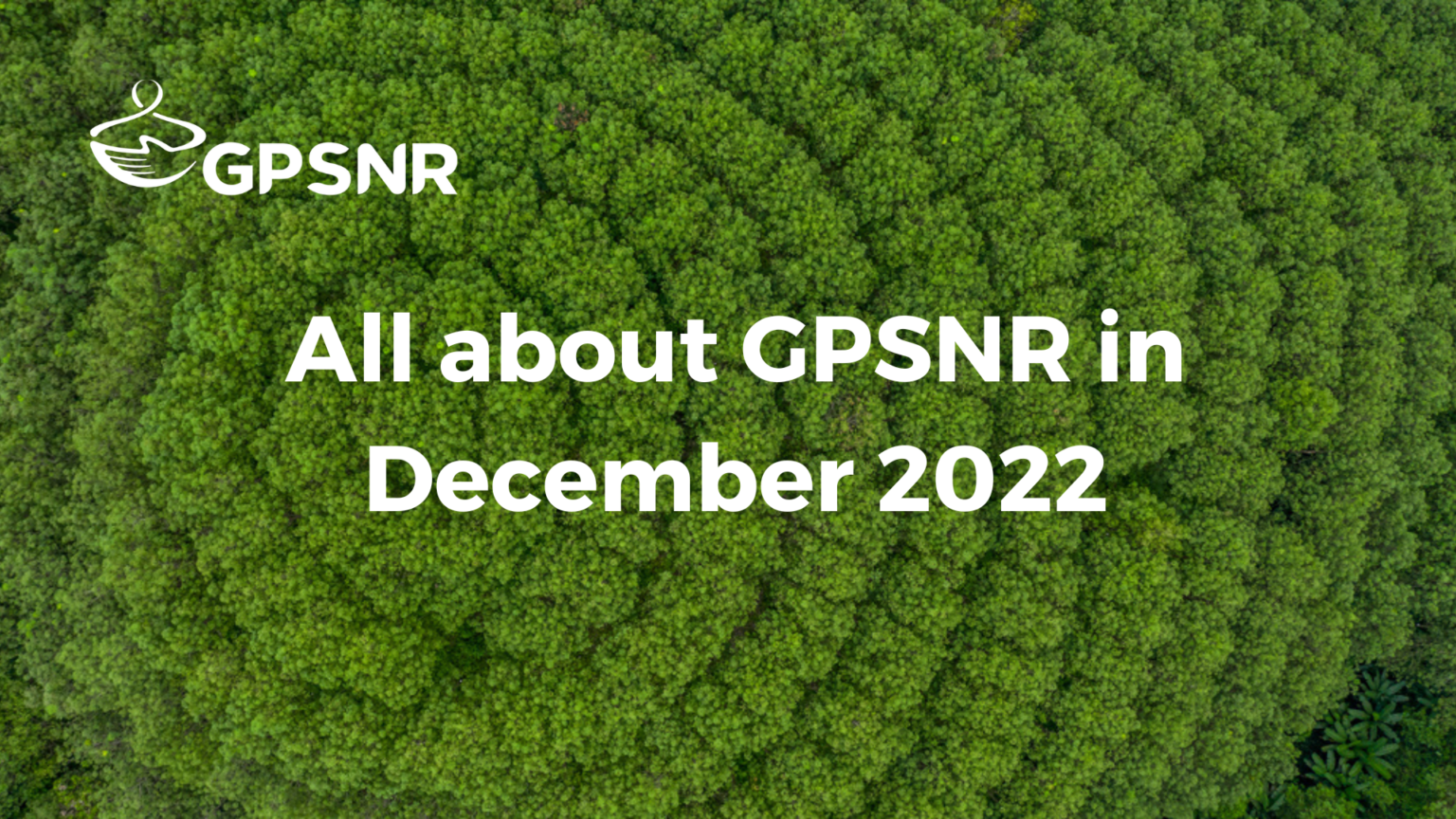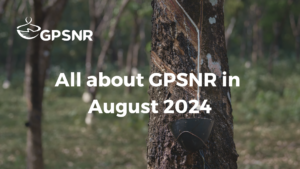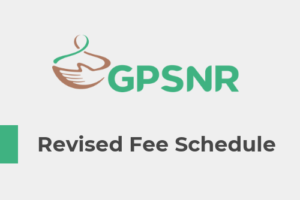Strategy and Objectives Working Group
The risk subgroup, which sits under the umbrella of this working group, is working on a series of Traceability tools webinars for GPSNR members to present on some tools available that would help members map their supply chain. The subgroup is also working on a pilot traceability study to investigate what it takes (costs, time, labour) for a company to map its supply shed. The subgroup is also working with a consortium to develop a risk assessment matrix.
The assurance model subgroup continues to work on the KPIs set during the last in-person meeting as they are to be finalised at the end of the year and presented during the next in-person and hybrid meetings in January 2023.
Smallholder Representation Working Group
After completing two rounds of pilot agroforestry workshops for smallholder members in Indonesia, and Cambodia, the working group is working on concluding how GPSNR should approach agroforestry capacity building in the long term through an agroforestry strategy. This work stream aims to integrate priorities of smallholders with developing long-term income diversification strategies through the Capacity Building Working Group.
They are also busy holding focus group discussions towards the smallholder policy equivalent, kickstarting HCSA-HCVN programme field trials for natural rubber smallholders, and on enhancing integration with the capacity building working group.
Policy Toolbox Working Group
The group is working on finalizing the TORs for the Year 1 Reporting Review to be conducted in the first quarter of next year. They are also assessing if any changes to the reporting framework and its details (i.e. process, extensions, questions) are needed based on the Year 1 Reporting Review results. They have already kicked off the crosswalk of the reporting requirements against other reporting frameworks to better improve the questions. The group would also be sending out a survey for members to provide feedback on their reporting (reporting process, reporting requirements questions, guidances, etc.). They would also be working on the Transparency Reporting Roadmap for years 2 and 3 of reporting that would be voted at the GA 2023.
Shared Responsibility Working Group
The group is currently evaluating proposals to appoint a software developer for the second phase of the GPSNR Knowledge Sharing Platform based on a reworked tender. In 2022, they have also kicked off the Disease Fighting Project with SNV-IRRI in Indonesia, after having recently completed the first milestones of the Koltiva and SNV-Proforest GAP coaching projects in the country. They continue to seek members’ funding for capacity building projects in Indonesia (second stream of disease fighting) and Cote d’Ivoire (training centres). To know more, you can find the project details here.






